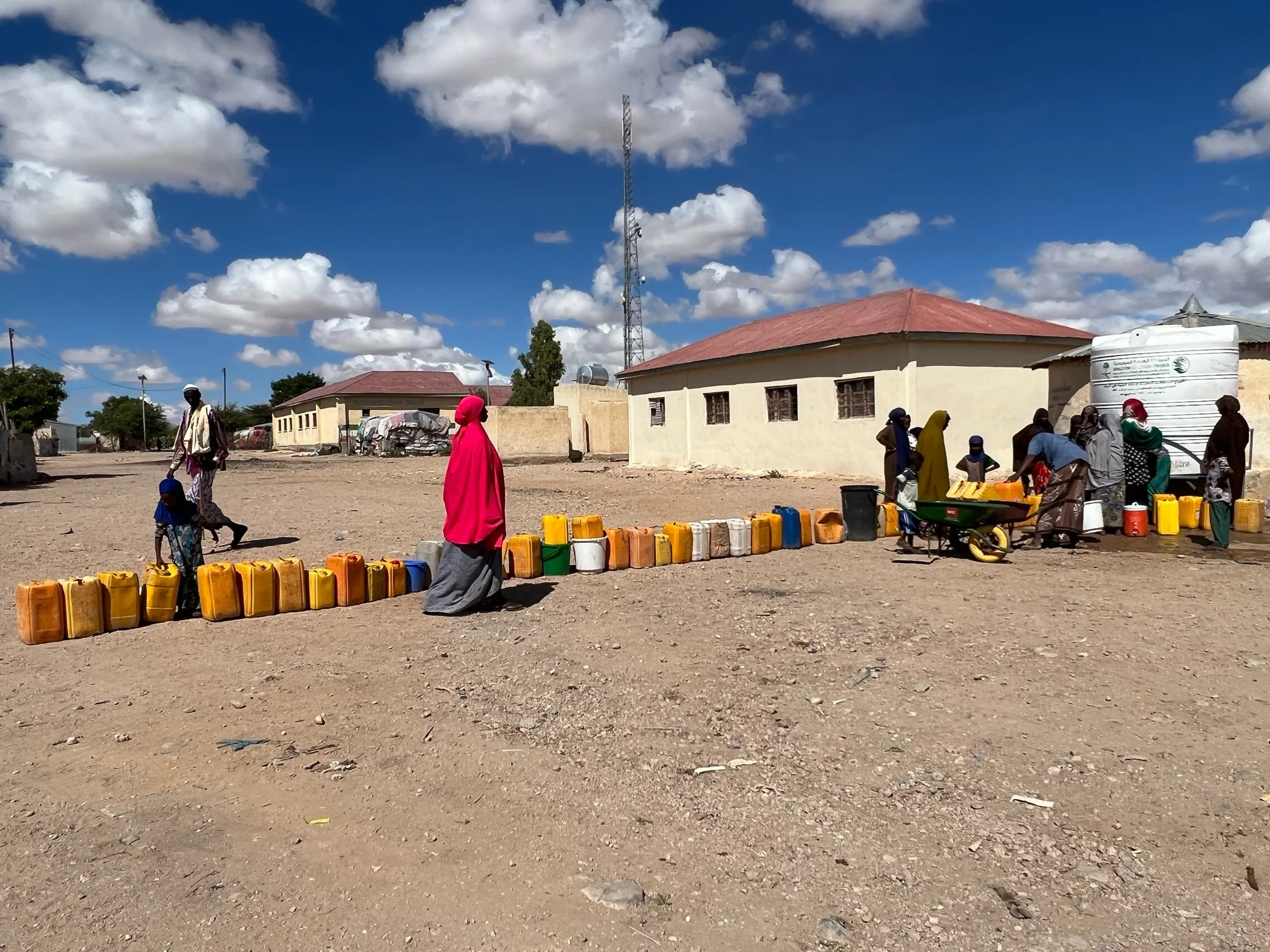Ultimately, the UN Special Rapporteur’s latest report is an urgent reminder that the time to take action on climate displacement is now. While aiming to develop a broader legal framework to protect the rights of those displaced across borders by climate change—such as enhancing existing refugee protections in the 1951 Refugee Convention, Latin American and African regional instruments like the Cartagena Declaration and OAU Convention, as well as exploring a new protocol to address cross border climate change-induced displacement — states must take immediate action to expand the provision of humanitarian visas and provide new, additional, and sustained financial support to ensure that human security is front and center in climate change response.
Colombia Moves Closer to Legally Recognizing Internal Climate Displacement
Should it be successful, the law would be the first of its kind in Latin America and the Caribbean, a region where the World Bank’s estimates there could be as many as 17 million internal climate migrants by 2050, representing 2.6 percent of the region’s total population.
While the new law only addresses internal climate displacement, it could have significant regional implications as countries continue to step up efforts to address both internal and cross-border movement due to the effects of climate change.
Bangladesh’s Flood Displacement: Yet Another Case for Loss & Damage
Not only are rural households predominately reliant on agriculture and thus highly vulnerable to climate change, but due to a lack of support financially both nationally and internationally, they are forced to spend their own limited resources on preparing and responding to climate disasters. In the face of all this, the recently concluded preparatory climate talks for COP27 in Egypt in November, saw wealthy high emitting nations side-step previous promises and obligations to address the loss and damage the climate crisis is inflicting on the Global South. Once again, promises made, but not kept, and one need only look to the present floods in Bangladesh and so many more disasters to see the inherent injustice in this.
New Proposal to Address Climate Migration Protection Gap as India Hit Hard
Reflecting the need for fairness and solidarity in any framework meant to tackle the complex issues around climate migration, the researchers argue that those seeking asylum should be absorbed in host countries according to cumulative greenhouse gas emissions. This principle of proportionality is central to ongoing discussions about climate change, particularly loss and damage. Indeed, while it continues to ruffle feathers in wealthy countries, it is undeniable that the people and countries least responsible for climate change are bearing the brunt of its negative effects.
Global South Leading the Way Via Climate Vulnerable Forum
On April 27, 2022, the Climate Vulnerable Forum (CVF), an international partnership of global South countries highly vulnerable to a warming planet, released a telling report titled “Climate Survival Leadership Barometer”. The report was released under the CVF’s signature initiative “Midnight Survival Deadline for the Climate”, which served to remind governments of the obligations they had taken on at the UN Climate Change Conference at Paris, or COP21, in 2015. The report analyzes updates to national mitigation and adaptation targets – referred to as “Nationally Determined Contributions” (NDCs) that countries committed to revise every five years starting in 2020 to deliver on the Paris Agreement. Some notable findings on the adaptation side are worth highlighting, for they speak to the collective will (or lack thereof) of governments to institutionalize the very resiliency-building measures needed to address root causes of migration in a climate crisis-stricken world.
Sustainability, Even in Refuge
Eighty-five percent of the world's refugees are hosted by the world’s poorest countries. More often than not when they escape from a dire situation, they find refuge in a place with fewer resources than where they fled. Because of this, it largely falls on the refugees themselves to sustainably develop their communities. In many places, despite the hardships, they are doing just that.







